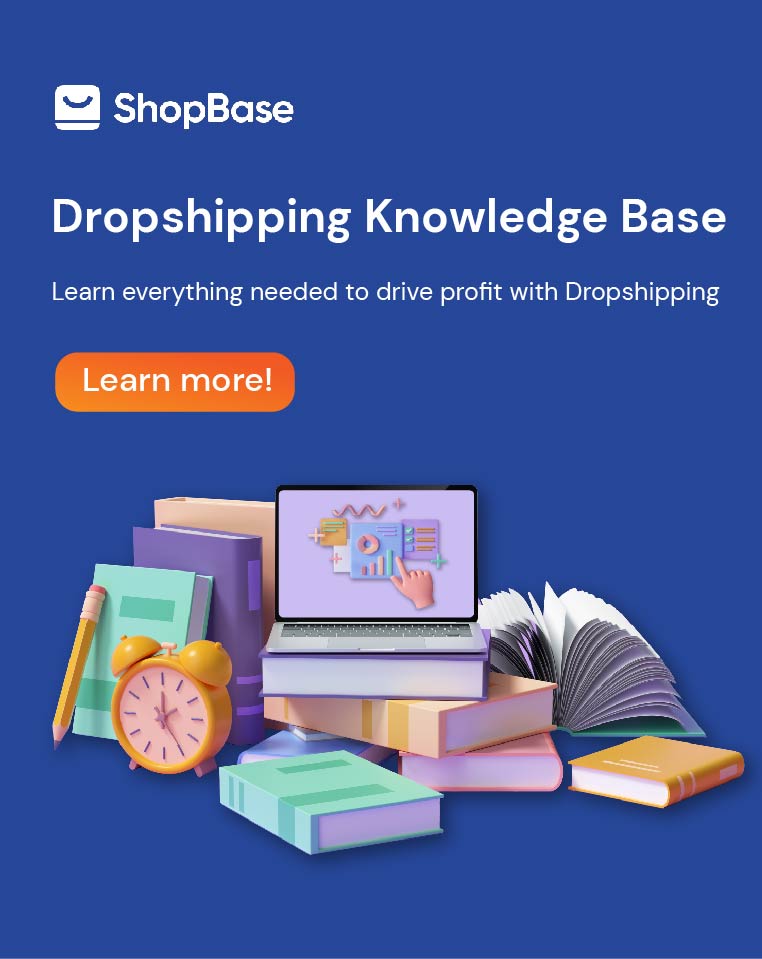Ecommerce order fulfillment is not a new term. However, it is the vital element of a store’s strategies to successfully build a strong foundation and gain popularity. Every store owner should strive to optimize their order fulfillment service to win sales and customer satisfaction. But before that, it is important to first get the basic ideas of Ecommerce order fulfillment.
Menu:
1. Definition of Order Fulfillment
Order fulfillment is the process of selling a product, beginning with when an order is made and ending with the item arriving at the door of a consumer. The entire practice includes warehousing, packaging and delivering the final product. The order is marked as being fulfilled only when the item is delivered to the customer’s hand.
2. Process of Order Fulfillment
- Products are delivered from factory, warehouse of manufacturers, wholesalers from factory, warehouse or manufacturers and wholesalers to the fulfillment company
- The fulfillment company sorts out the products and stores them
- Orders are made and transferred from the website to the fulfillment company
- The orders are picked from the inventory, packaged and delivered to the customer
- On some occasions, products may be returned or requested to refund
3. Main Models of Order Fulfillment
- Self-fulfillment: If you are packing and shipping your orders independently, you are your own fulfillment provider. You will be in charge of all steps in the process, which sometimes can be challenging. For this model, it is recommended to apply automation as much as possible.
- Dropshipping: This is the easiest model to implement. When using dropshipping, you do not need to take care of inventory. You only need to place a large order based on your customers’ order quantity and let the supplier manufacture, package and ship the products straight to the end user.
- Third-party logistics (3PL): This option is usually suitable for businesses that currently do not have the capability to support themselves in terms of storage. By outsourcing, people can invest more time and money on marketing rather than spending on spaces.





